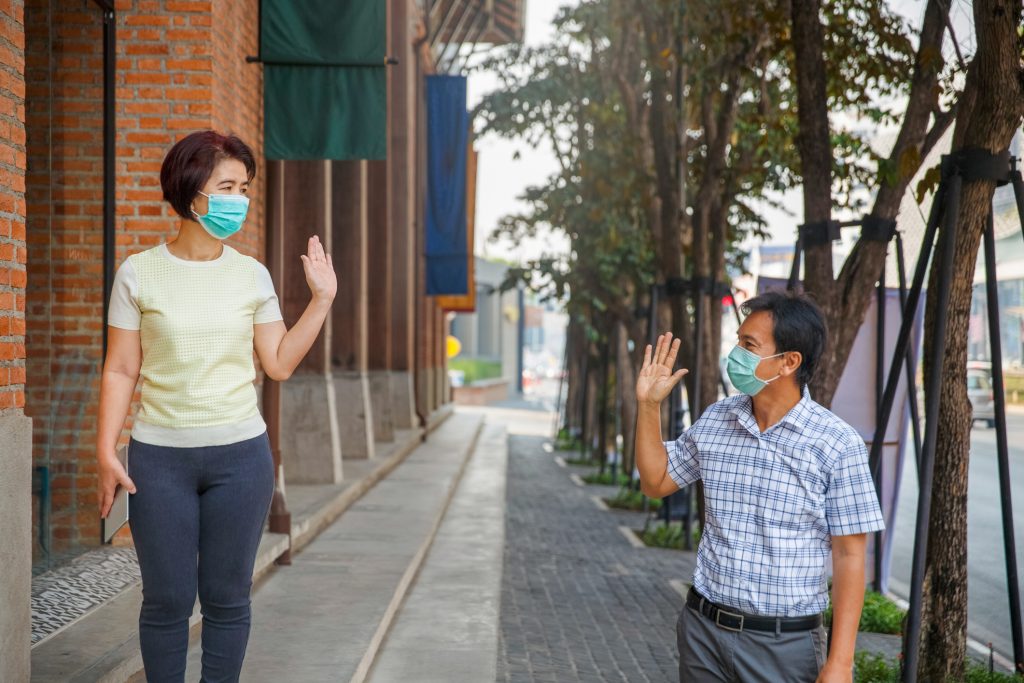Attitude and Adaptive Coping Among Chinese Singaporeans During the Beginning of the COVID-19 Pandemic
May 18, 2021

On 16 May 2021, Singapore implemented ‘Phase 2 Heightened Alert’ to deal with the resurgence of COVID-19 outbreaks. The Singaporean Government continues to protect its citizens by implementing various policies, including limits to social gatherings and closure of dining-in facilities. Although some Singaporeans did not responding favourably towards these policies, others recognised the necessity of these measures. What may explain this difference is gratitude. Gratitude is believed by scientists to be a prosocial emotion. It involves the transmission of positive acts, including extensive practices of goodwill.
Reflecting on Singapore’s episode with COVID-19 in ‘Attitude and Adaptive Coping Among Chinese Singaporeans During the Beginning of the COVID-19 Pandemic’ (Frontiers in Psychiatry, 2021), Associate Professor Eddie Tong and PhD candidate Vincent Oh (NUS Economics) studied how feelings of gratitude were linked to responses to crisis adaptations. The researchers hypothesised that gratitude could be an important emotion to encourage adoption of adaptation measures in a calm and collected manner. They also used a ‘broaden-and-build’ theory to suggest that positive emotions in the short-run could solidify desirable cognitive and behavioural abilities in the long run. This could provide insights for policymakers to improve social responses to crises.
Gratitude, optimism, and resilience were measured in 417 research participants to assess the effectiveness of gratitude as a predictor of crisis responses. Gratitude emerged as the strongest predictor among the three. Persons with an abundance of gratitude were found to be most resilient and socially responsible as they were more willing to experience daily disruptions in order to protect the physical health of themselves and their fellow citizens. Persons with gratitude were also more likely to remain positive despite the pandemic and unpredictable circumstances.
From these findings, the researchers suggest that a society filled with gratitude will likely safeguard societal wellbeing during a future crises. Gratitude could also have long-lasting protection that prevents maladjustment and promotes higher wellbeing. As the future remains uncertain and volatile, it is expected that infringement of individual rights will be necessary for the effectiveness of crisis adaptation measures. Individuals with gratitude could be more accepting of this compromise and more resilient to unforeseen adversities.
Read the article here.
